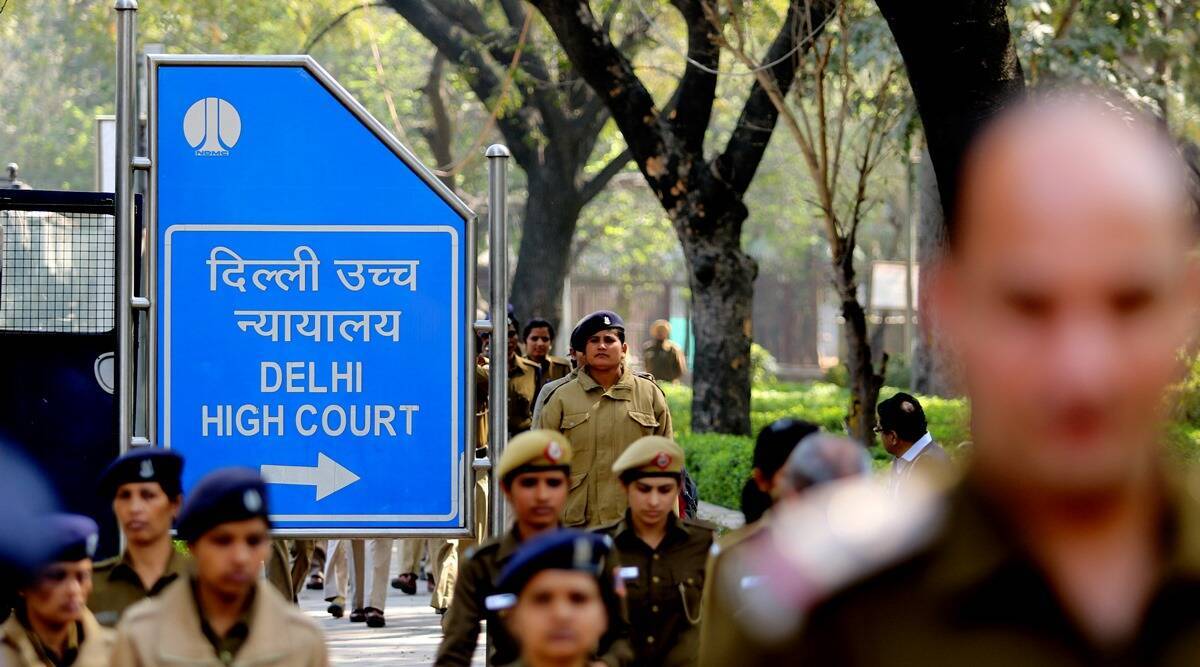 Taking note of the stand of the Delhi government, the HC observed that the stipulations in the SOP are not liable to be viewed as “mandatory” requiring the release of the body to its legal heirs only. (File)
Taking note of the stand of the Delhi government, the HC observed that the stipulations in the SOP are not liable to be viewed as “mandatory” requiring the release of the body to its legal heirs only. (File)The Delhi government Thursday informed the Delhi High Court that standard operating procedure (SOP) pertaining to handing over of a dead body did not contain any “mandatory stipulations”.
The submission was made in a plea moved by a 56-year-old man challenging the SOP issued by the Delhi government’s Department of Health and Family Welfare claiming that his body should not be handed over to his family after his death but be transferred to another person for performing the last rites.
Arun Panwar, appearing for the Delhi government, submitted before a single judge bench of Justice Yashwant Varma that SOP is essentially for guidance for all institutes concerned including medical establishments. The HC took note of Panwar’s submission that the SOP does not contain any mandatory stipulations.
Panwar further submitted a document which states that the SOPs were formulated by an expert committee duly approved and signed by the secretary (Health & Family Welfare) in 2016 and are available on the Delhi state health mission portal with a declaration. The document states that the SOPs have been prepared by a committee of experts and are circulated for customisation and adoption by all hospitals, “however these are by no means exhaustive or prescriptive”.
“An effort has been made to document all dimensions/working aspects of common process/procedures being implemented in the provision of healthcare in different departments… The individual hospital departments may customise/adapt/adopt the SOPs relevant to their settings and sources…,” the document reads.
Taking note of the stand of the Delhi government, the HC observed that the stipulations in the SOP are not liable to be viewed as “mandatory” requiring the release of the body to its legal heirs only. The HC said it will be open for the petitioner to express his desire to designate a person of his choice for transferring his body to perform the last rites. The HC said in case any such request is made by the petitioner, the medical establishment concerned shall honour it.
When the matter was listed on September 19, the petitioner had argued that the plea is filed exercising his right to “disposal of his dead body post his death which is his unalienable right and his desire to get his last rites performed by a particular person. He is suffering from a cardiac problem which is irreversible, and it is not known when his end will come and he does not want his wife, daughter and son-in-law to lay a claim to his dead body”.
The petitioner had challenged clause 7 of the SOP for mortuary issued by the Department of Health and Family Welfare, which directs that the body should be given to the relatives. He argued that he has “acrimonious relations” with his wife, daughter and son-in-law, adding that he was coaxed to move out of his own house in April 2012, adding that his body be handed over to the man, whom he claims is just like his son and in whose house he has been living for some time.
The petitioner argued that the man looked after him during his bedridden days and even cleaned his defecation. The HC had asked the Delhi government’s counsel to obtain instructions on the contentions in the petition.